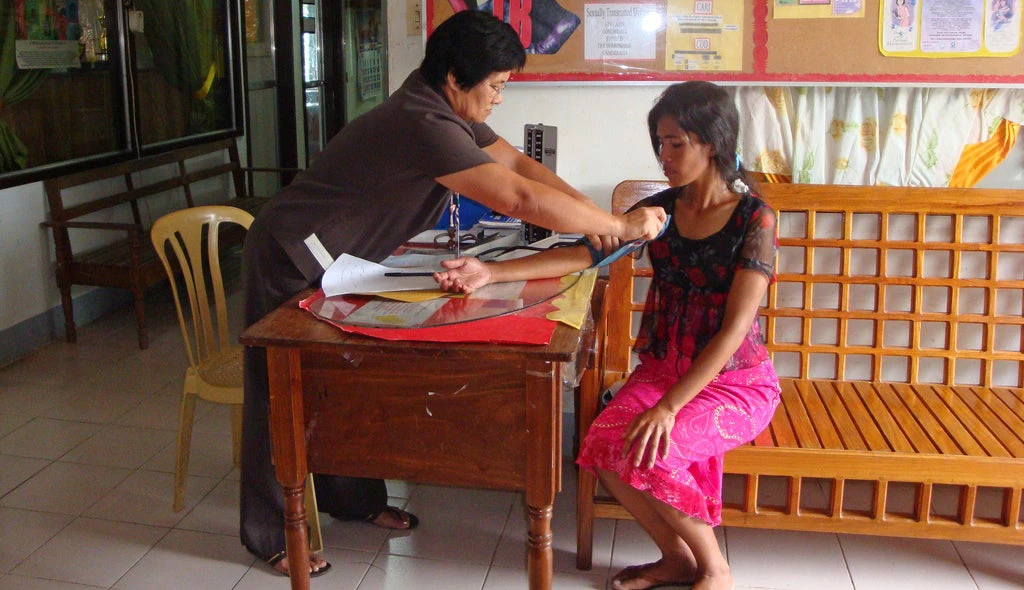
The last 20 years or so have seen many shifts of emphasis in global health. Among them, two stand out: a concern that the poor do not get left behind in the rush to achieve global goals and a concern that health services are affordable.
However, these were not big issues in global health in the last century. In 1996, one of us (Timothy Grant Evans) launched the Global Health Equity Initiative while at the Rockefeller Foundation, in response to what we and others described as the “disturbing disparities” between rich and poor.
Concerns over health inequities and large out-of-pocket expenses were not much in evidence in the last century at the World Bank Group (WBG) either. As late as 1987, the WBG released a report urging countries to increase their reliance on out-of-pocket payments as a way to increase total health spending.
Things changed at the WBG towards the end of the century. With the WBG’s vision shifting explicitly to “a world free of poverty,” its 1997 Health, Nutrition and Population strategy highlighted the poor’s disproportionate burden of ill health and the risk of impoverishment from large out-of-pocket expenses. It committed the WBG to helping countries do better on both counts.
The provision of high-quality data has been one way the WBG has tried to help tackle these concerns. As part of this, today we are releasing a huge new database. The Health Equity and Financial Protection Indicators (HEFPI) database draws on microdata from over 1,600 household surveys globally, and documents gaps in intervention coverage and health outcomes between the poor and better off, and the incidence of catastrophic and impoverishing out-of-pocket expenses.
The 2018 HEFPI database is, in effect, the fourth in a series. The first, released in 2000 shortly after the 1997 strategy, highlighted the gaps between the poor and better off in health intervention coverage and health outcomes between different “wealth" quintiles. The database covered just 42 countries, focused on maternal and child health issues and communicable diseases and drew on data from 42 Demographic and Health Surveys (DHS). The second, in 2007, covered 56 countries and added more indicators, but it focused on the same issues and drew on just 95 DHSs. The 2012 database expanded coverage to 109 countries, including high-income countries, broadened the scope to noncommunicable diseases as well as catastrophic and impoverishing out-of-pocket expenses and drew on 285 surveys, including the DHS, the Multiple Indicator Cluster Survey and World Health Survey.
This new database takes it even further, covering 193 countries and drawing on over 1,600 surveys, with multiple years’ worth of data for some indicators and some countries. Millennium Development Goal-era indicators, such as antenatal care, skilled deliveries, immunization, childhood stunting and infant mortality, are still in the database, but it now also includes several Sustainable Development Goal (SDG)-era indicators, such as cervical cancer screening, hypertension treatment, inpatient admissions and obesity. The 2018 database also includes the SDG indicator capturing the fraction of the population spending more than 10 percent of their household budgets on out-of-pocket medical expenses as well as the incidence of those being pushed into poverty (at the $1.90-a-day and $3.20-a-day poverty lines) because of out-of-pocket health expenses.
You can download the entire HEFPI database here and produce customized data visualizations here. To find out more, this recent WBG working paper has details of the database and this Lancet Global Health commentary provides a quick overview.


Join the Conversation